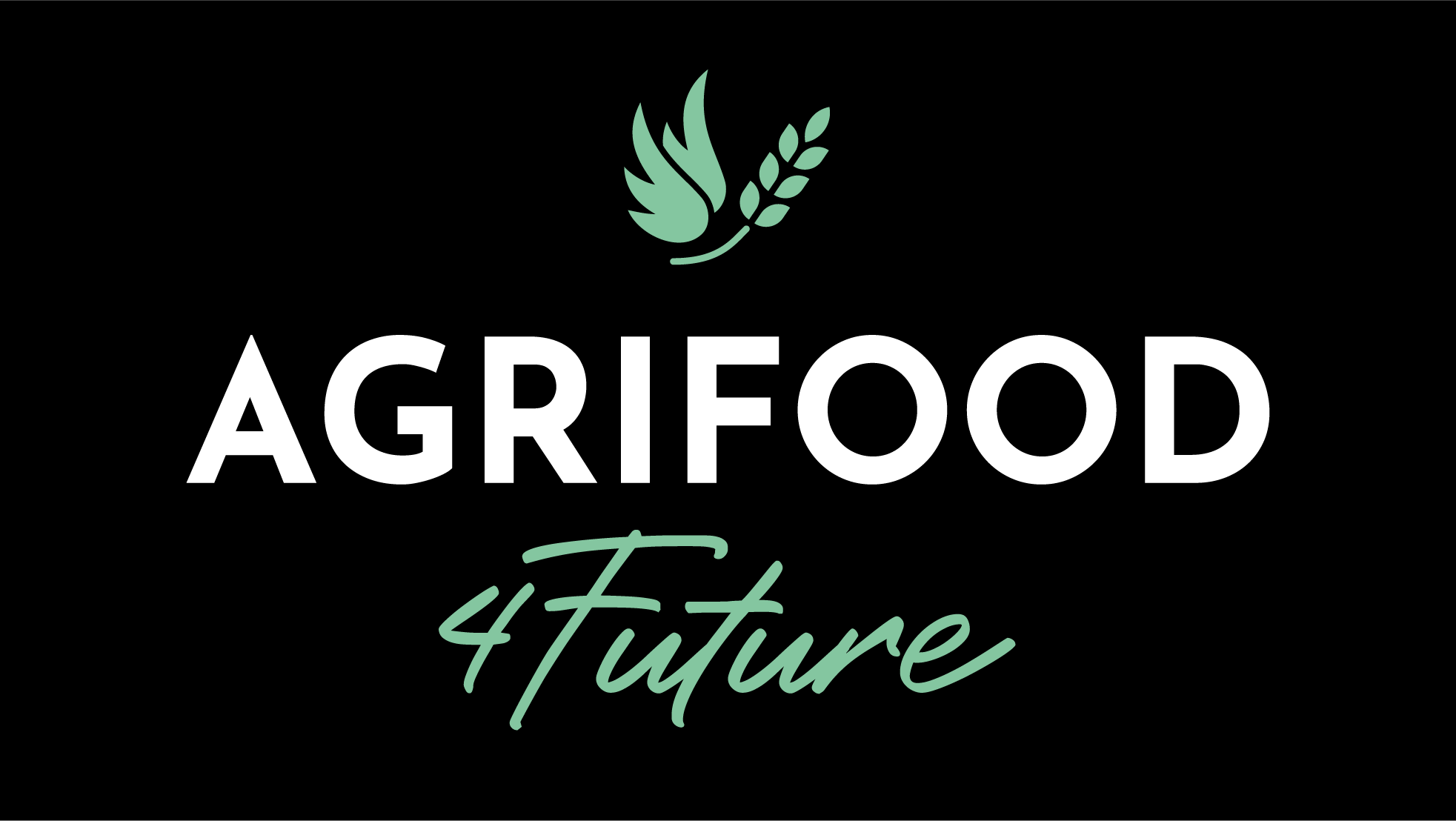Open Innovation & Challenge-Based Program
The Open Innovation & Challenge-Based Program connects startups and research groups with agrifood companies across Europe to co-develop pilot projects and innovative partnerships.
Corporates and SMEs present real industry challenges, while startups and researchers bring forward creative solutions. This collaboration fosters the development of new products, services or technologies, benefiting both sides and driving impact in the agrifood sector.
If you want to be a Solution Provider: We are on the lookout for organisations that can meet and surpass challenges. Click the links below to see the challenges proposed by companies. If you think you can meet them, click the apply button and indicate the challenge you’d like to take up!
List of challenges:
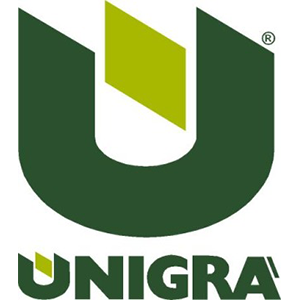 Unigrà is an Italian agro-food group founded in 1972 by Luciano Martini. It has always been operating in the food industry to develop products and solutions intended for professionals and final consumers.
Today, Unigrà is an important international enterprise, employing more than 1,150 people and exporting 40% of its production; it has five plants (three in Italy, 1 in Brazil and 1 in Malaysia), 20 foreign subsidiaries and a large network of distributors and importers.
Through its various brands, the company offers high-end raw materials, goods for resale and finished products across all channels: industrial, artisan, Ho.Re.Ca. and retail.
The success of Unigrà is founded on clear and winning concepts: constant search for the best raw materials, a strong focus on product quality, consistent investment in cutting-edge manufacturing technologies, constant attention to market and customer requirements, assertiveness and determination in achieving increasingly ambitious results through care, passion and transparency.
Unigrà is an Italian agro-food group founded in 1972 by Luciano Martini. It has always been operating in the food industry to develop products and solutions intended for professionals and final consumers.
Today, Unigrà is an important international enterprise, employing more than 1,150 people and exporting 40% of its production; it has five plants (three in Italy, 1 in Brazil and 1 in Malaysia), 20 foreign subsidiaries and a large network of distributors and importers.
Through its various brands, the company offers high-end raw materials, goods for resale and finished products across all channels: industrial, artisan, Ho.Re.Ca. and retail.
The success of Unigrà is founded on clear and winning concepts: constant search for the best raw materials, a strong focus on product quality, consistent investment in cutting-edge manufacturing technologies, constant attention to market and customer requirements, assertiveness and determination in achieving increasingly ambitious results through care, passion and transparency.
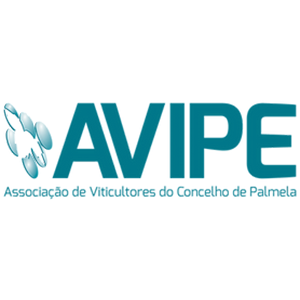 Established in 1984, AVIPE is an Association of Winemakers from Palmela. Promotes integrated protection and production of vineyards.
Grants technical support to winegrapegrowers, recommends fertilization, phytosanitary treatments, cultural operations and irrigation.
AVIPE is an inspection centre of pesticide application equipment (CIPP) and is part of the Nacional Agricultural Warning Service of the Setúbal peninsula (SNAA). Supports their associates on the applications to the European funds (PDR2020). AVIPE integrates the interregMed project “Embrace”.
Established in 1984, AVIPE is an Association of Winemakers from Palmela. Promotes integrated protection and production of vineyards.
Grants technical support to winegrapegrowers, recommends fertilization, phytosanitary treatments, cultural operations and irrigation.
AVIPE is an inspection centre of pesticide application equipment (CIPP) and is part of the Nacional Agricultural Warning Service of the Setúbal peninsula (SNAA). Supports their associates on the applications to the European funds (PDR2020). AVIPE integrates the interregMed project “Embrace”.
 Established in 1984, AVIPE is an Association of Winemakers from Palmela. Promotes integrated protection and production of vineyards.
Grants technical support to winegrapegrowers, recommends fertilization, phytosanitary treatments, cultural operations and irrigation.
AVIPE is an inspection centre of pesticide application equipment (CIPP) and is part of the Nacional Agricultural Warning Service of the Setúbal peninsula (SNAA). Supports their associates on the applications to the European funds (PDR2020). AVIPE integrates the interregMed project “Embrace”.
Established in 1984, AVIPE is an Association of Winemakers from Palmela. Promotes integrated protection and production of vineyards.
Grants technical support to winegrapegrowers, recommends fertilization, phytosanitary treatments, cultural operations and irrigation.
AVIPE is an inspection centre of pesticide application equipment (CIPP) and is part of the Nacional Agricultural Warning Service of the Setúbal peninsula (SNAA). Supports their associates on the applications to the European funds (PDR2020). AVIPE integrates the interregMed project “Embrace”.
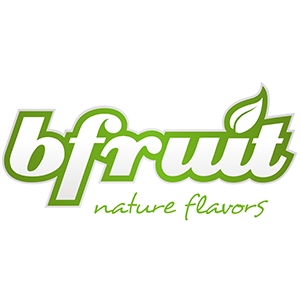 Bfruit was founded at the end of 2013 by small fruit producers with the aim of becoming a producer organization. In September 2016, Bfruit became the first small fruit Producers Organization (PO).
In 2017 it was recognized as a fruit and vegetable PO.
Bfruit was born with the mission of concentrating supply, creating scale, organizing production, providing technical support to producers and marketing raspberries, blueberries, blackberries, currants and Kiwi.
Bfruit was founded at the end of 2013 by small fruit producers with the aim of becoming a producer organization. In September 2016, Bfruit became the first small fruit Producers Organization (PO).
In 2017 it was recognized as a fruit and vegetable PO.
Bfruit was born with the mission of concentrating supply, creating scale, organizing production, providing technical support to producers and marketing raspberries, blueberries, blackberries, currants and Kiwi.
 Bfruit was founded at the end of 2013 by small fruit producers with the aim of becoming a producer organization. In September 2016, Bfruit became the first small fruit Producers Organization (PO).
In 2017 it was recognized as a fruit and vegetable PO.
Bfruit was born with the mission of concentrating supply, creating scale, organizing production, providing technical support to producers and marketing raspberries, blueberries, blackberries, currants and Kiwi.
Bfruit was founded at the end of 2013 by small fruit producers with the aim of becoming a producer organization. In September 2016, Bfruit became the first small fruit Producers Organization (PO).
In 2017 it was recognized as a fruit and vegetable PO.
Bfruit was born with the mission of concentrating supply, creating scale, organizing production, providing technical support to producers and marketing raspberries, blueberries, blackberries, currants and Kiwi.
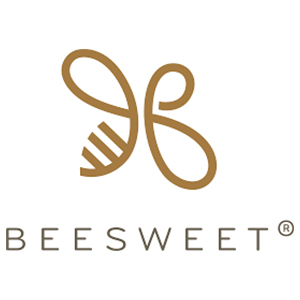 Beesweet sells organic honey with aromatic plants.
The processes are natural, preserving the pure characteristics of this product made by bees.
Since the company uses medicinal plants in its flavoring process and based on laboratory studies conducted, it believes it is enhancing the honey in terms of health and wellness benefits for consumers.
Beesweet sells organic honey with aromatic plants.
The processes are natural, preserving the pure characteristics of this product made by bees.
Since the company uses medicinal plants in its flavoring process and based on laboratory studies conducted, it believes it is enhancing the honey in terms of health and wellness benefits for consumers.
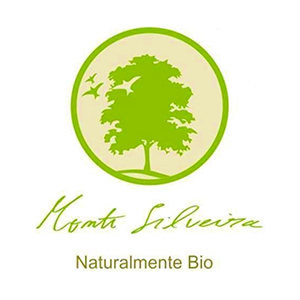 At Monte Silveira farm, the land is treated “as a living being”. The 700- ha farm is located in Castelo Branco, Portugal. It is a reference in regenerative agriculture in Portugal and Europe. As one of the first large-scale properties to obtain Regenerative Organic Certification (ROC), it stands out for an innovative approach that goes beyond traditional sustainability, promoting the regeneration of ecosystems, combining productive agricultural and grazing practices with protection and recovery biodiversity and soil health.
A key challenge is adopting water reuse, recycling, and optimization practices to improve water use efficiency. This includes minimizing waste, reducing dependency on freshwater resources, and promoting sustainable water management to support long-term agricultural resilience.
At Monte Silveira farm, the land is treated “as a living being”. The 700- ha farm is located in Castelo Branco, Portugal. It is a reference in regenerative agriculture in Portugal and Europe. As one of the first large-scale properties to obtain Regenerative Organic Certification (ROC), it stands out for an innovative approach that goes beyond traditional sustainability, promoting the regeneration of ecosystems, combining productive agricultural and grazing practices with protection and recovery biodiversity and soil health.
A key challenge is adopting water reuse, recycling, and optimization practices to improve water use efficiency. This includes minimizing waste, reducing dependency on freshwater resources, and promoting sustainable water management to support long-term agricultural resilience.
 At Monte Silveira farm, the land is treated “as a living being”. The 700- ha farm is located in Castelo Branco, Portugal. It is a reference in regenerative agriculture in Portugal and Europe. As one of the first large-scale properties to obtain Regenerative Organic Certification (ROC), it stands out for an innovative approach that goes beyond traditional sustainability, promoting the regeneration of ecosystems, combining productive agricultural and grazing practices with protection and recovery biodiversity and soil health.
The challenge lies in improving traceability, transparency, and operational efficiency for managing cereals, flour, and related products. This involves implementing advanced digital tools to boost consumer trust by enabling real-time data sharing, ensuring food authentication, and verifying product integrity. Additionally, alignment with our Regenerative Organic Certification (ROC) is crucial to demonstrate sustainability and compliance.
At Monte Silveira farm, the land is treated “as a living being”. The 700- ha farm is located in Castelo Branco, Portugal. It is a reference in regenerative agriculture in Portugal and Europe. As one of the first large-scale properties to obtain Regenerative Organic Certification (ROC), it stands out for an innovative approach that goes beyond traditional sustainability, promoting the regeneration of ecosystems, combining productive agricultural and grazing practices with protection and recovery biodiversity and soil health.
The challenge lies in improving traceability, transparency, and operational efficiency for managing cereals, flour, and related products. This involves implementing advanced digital tools to boost consumer trust by enabling real-time data sharing, ensuring food authentication, and verifying product integrity. Additionally, alignment with our Regenerative Organic Certification (ROC) is crucial to demonstrate sustainability and compliance.
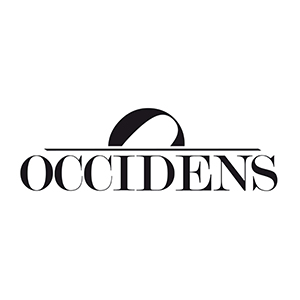
A Porto-based company with farmland in Ponte de Lima is supporting Portuguese farmers by promoting organic local products such as olive oil, vinegar, honey, and lupin. They propose two main challenges within the program: developing robotic solutions to automate the currently manual lupin harvesting process, crucial for replacing imports from Chile, and creating more eco-friendly, biodegradable alternatives to their patented “Ring Pack” packaging, in line with their sustainability mission. It’s the only European company producing biologic lupin. Lupin has a high protein content (40%) and a low glycemic index. It is a sustainable plant-based alternative for both human and animal consumption, with a lower environmental impact compared to soy.

A Porto-based company with farmland in Ponte de Lima is supporting Portuguese farmers by promoting organic local products such as olive oil, vinegar, honey, and lupin. They propose two main challenges within the program: developing robotic solutions to automate the currently manual lupin harvesting process, crucial for replacing imports from Chile, and creating more eco-friendly, biodegradable alternatives to their patented “Ring Pack” packaging, in line with their sustainability mission. It’s the only European company producing biologic lupin. Lupin has a high protein content (40%) and a low glycemic index. It is a sustainable plant-based alternative for both human and animal consumption, with a lower environmental impact compared to soy.
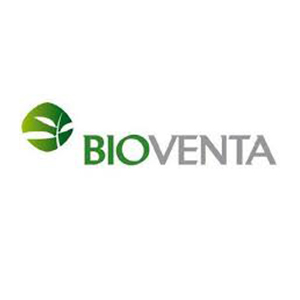
Bio-Venta is the largest biodiesel production complex in the Baltic states, located in Ventspils, Latvia. Founded in 2004, the company operates a state-of-the-art facility with an annual capacity of 100,000 tonnes of biodiesel, primarily serving export markets such as Scandinavia. In addition to biodiesel, Bio-Venta produces rapeseed cake (up to 65,000 tonnes/year), pharmaceutical-grade glycerine (up to 9,000 tonnes/year), and mineral fertilizers like potassium sulphate. The complex includes advanced infrastructure for rapeseed storage, oil pressing, and biodiesel handling, benefiting from its strategic location within the Freeport of Ventspils for efficient logistics. Bio-Venta is recognized for its ongoing investment in research and innovation to improve biodiesel production technologies and is committed to environmental protection and sustainable industrial practices.
- Design cost-effective processes for large-scale production of bioplastics from rapeseed cake, addressing economic viability and scalability challenges.
- Development of new rigid, semi-rigid and flexible applications

Bio-Venta is the largest biodiesel production complex in the Baltic states, located in Ventspils, Latvia. Founded in 2004, the company operates a state-of-the-art facility with an annual capacity of 100,000 tonnes of biodiesel, primarily serving export markets such as Scandinavia. In addition to biodiesel, Bio-Venta produces rapeseed cake (up to 65,000 tonnes/year), pharmaceutical-grade glycerine (up to 9,000 tonnes/year), and mineral fertilizers like potassium sulphate. The complex includes advanced infrastructure for rapeseed storage, oil pressing, and biodiesel handling, benefiting from its strategic location within the Freeport of Ventspils for efficient logistics. Bio-Venta is recognized for its ongoing investment in research and innovation to improve biodiesel production technologies and is committed to environmental protection and sustainable industrial practices.
- Develop a method to optimize glycerine concentration in bioplastics to balance flexibility and mechanical strength without compromising durability.
- Develop technologies or formulations that reduce the moisture sensitivity of bioplastics from rapeseed cake, improving their shelf life and performance in humid environments
